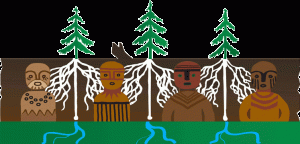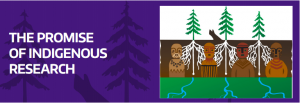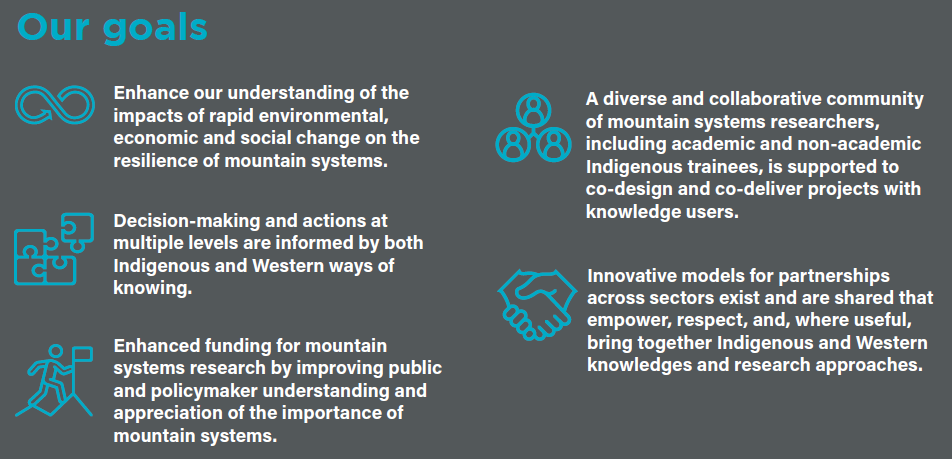Indigenous Education Tools (IET) is a part of the Building Capacity & Cultivating Innovation (BCCI): Learning Agendas in Native Education project.
BCCI is designed to develop resources and practices that will have exponential impacts on efforts to improve Native student success across a variety of sectors. This website includes brief and teaching tools that provide knowledge of best practices and research to foster communication and collaboration, as well as the development and implementation of best practices to promote Indigenous student success. A few lessons that stood out to me in particular for my research interests include;
“Indigenous methodologies are tied to a larger project of Indigenous decolonization. They do not merely model Indigenous research, but “denaturalize power within settler societies and ground knowledge production in decolonization.”
I think this brief was particularly interesting for me as it made me question how I am approaching my research project in general. It made me reflect on my research process and be critical in the way that I engage with Indigenous beliefs about knowing, relationships, place, and time. A critical question that was highlighted in this article that I am asking myself is; “How do my methods help to build respectful relationships between the topic that I am studying and myself as a researcher (on multiple levels)?”
“Native science is “essentially a story, an explanation of the how and why of things of nature and the nature of things.”
Using stories from both elders and teachers to build theory and explain phenomena can be utilized and implemented in Indigneous science, technology, engineering, arts, and maths (ISTEAM). This lesson discusses building hybrid places of Indigenous and Western ways of knowing and designing of curriculum. A critical consideration that I am walking away with is to embrace storytelling as a legitimate way to explain phenomena, knowledge, and feelings.
References
PDF Tool: Developing Culturally Revitalizing and Sustaining Pedagogies through Storywork. Indigenous Education Tools. http://indigenouseducationtools.org/tt/tool01
Tuck, E. (n.d.). Brief 5 – The Promise of Indigenous Research. Indigenous Education Tools. http://indigenouseducationtools.org/bf/05





